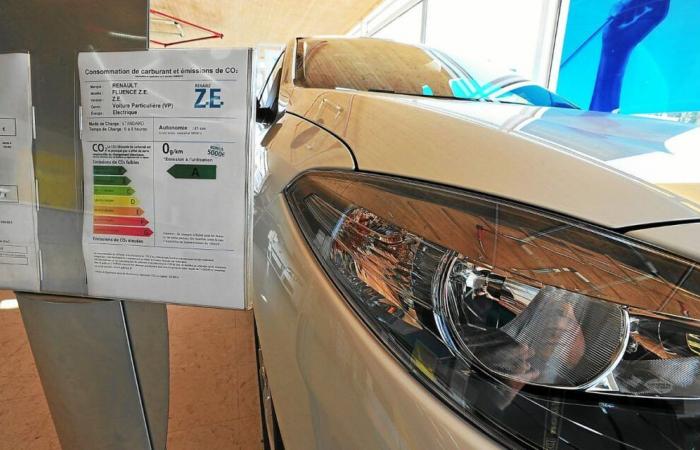“Without a clear political statement from the European Commission by the end of the year, as also requested by the governments of Germany, France, Italy and other European countries, the automotive industry risks losing up to 16 billion euros of investment capacity,” said Luca de Meo, president of the European Automobile Manufacturers Association (ACEA) and CEO of the Renault group in a statement.
According to him, these losses would result “either by paying fines, reducing production, partnering with foreign competitors or selling electric vehicles at a loss,” he said.
“Need for clarity”
The ACEA is putting pressure back on, after having already asked Brussels in September for “urgent aid measures” to face the tightening of CO2 emissions standards in 2025. “Manufacturers need clarity now to finalize their compliance strategies, organize consolidations and make other arrangements for 2025,” emphasized Luca de Meo. According to him, “waiting for the start of the Commission's strategic dialogue on the future of the automobile industry or the revision of the CO2 legislation in 2026 is not an option”.
Thanks to the rise of electricity and the improvement of thermal engines, manufacturers have so far respected the so-called CAFE (Corporate Average Fuel Economy) standard, which requires them, under penalty of heavy fines, to respect an annual average of emissions per car sold.
According to the latest statistics from ACEA, with nearly 125,000 units sold, electric cars declined in October in the main markets (Germany, France, Italy) but remained stable in already well-electrified countries (Country Bas, Denmark, Belgium). Alongside Europe, the United Kingdom continues to register more and more electric cars (+24.5% in October).
And, globally, October 2024 was a new record month for electric sales, with 1.7 million vehicles sold (+50% year-on-year), two thirds of which in China, according to the British firm Rho Motion. .
Rising energy costs, the lack of purchase subsidies, and an insufficient network of charging stations are preventing Europeans from switching to electric, according to ACEA.
Business






